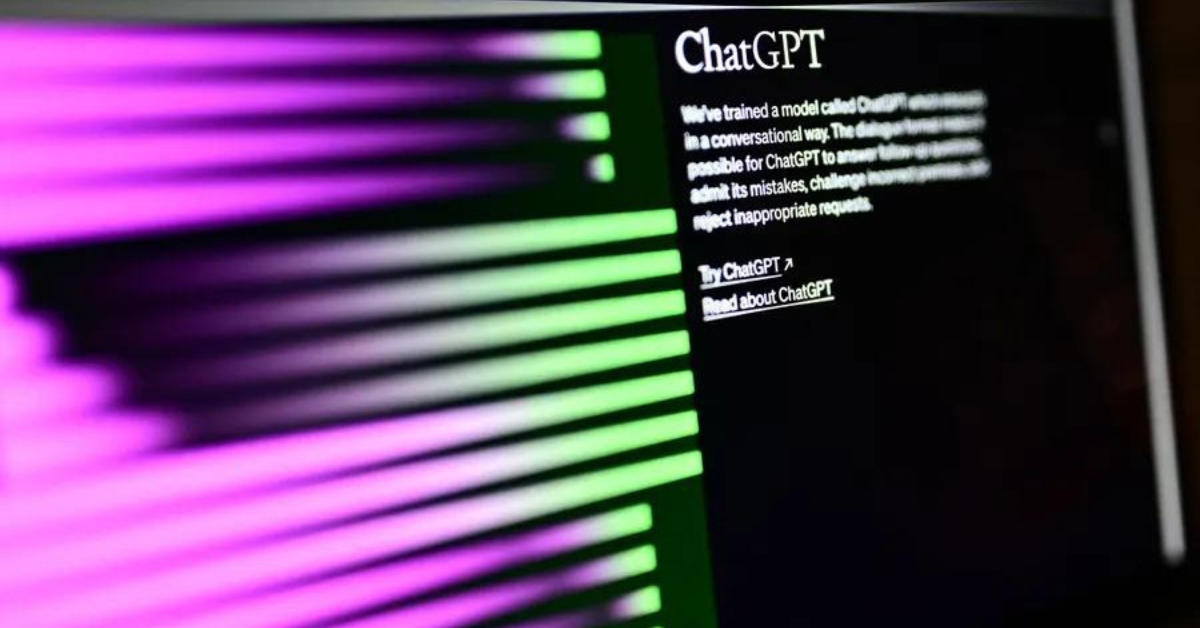
All the information you want about ChatGPT, the AI-powered chatbot
OpenAI's text-generating AI chatbot,ChatGPT, has become a global sensation. Originally designed as a way to write essays and code faster using brief text prompts, this program has grown into a massive enterprise utilized by over 92% of Fortune 500 businesses for a wider range of purposes. And despite worries about its future and an opening for competitors following CEO and co-founder Sam Altman's abrupt departure and return, OpenAI's development has catapulted the company into one of the most talked about in recent memory.
What does that entail for ChatGPT, OpenAI, and its other goals? As the industry watches OpenAI crumble and reassemble itself, the consequences may benefit rivals like Meta and its LLaMA family of big language models, or it may assist other AI firms get interest and capital.
Even if ChatGPT has a darker side, it's obvious that AI technologies are here to stay. OpenAI is significantly investing in ChatGPT, which has reached 100 million weekly active users since its introduction about a year ago.
OpenAI had its inaugural developer conference, OpenAI DevDay, on November 6 before the instability in the leadership. It revealed a number of upcoming GPT upgrades during the conference, such as a multimodal API and GPT-4 Turbo, an enhanced version of GPT-4, its most recent language-writing model. Additionally, OpenAI released the GPT shop, which allowed people to design and make money from their own personalized GPT versions. Despite being postponed in December, the actual launch took place in January.
